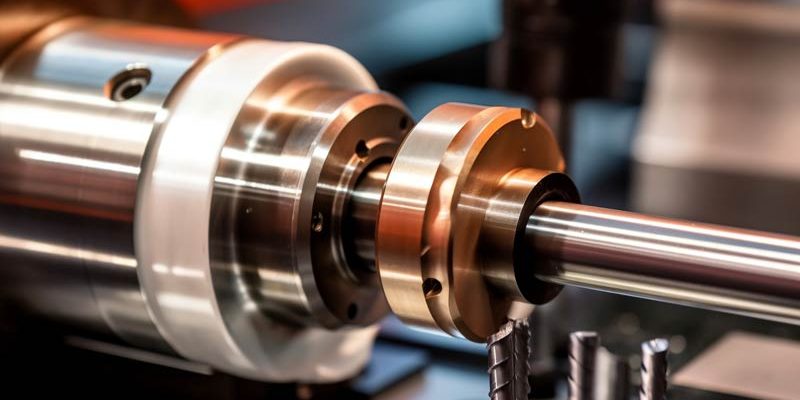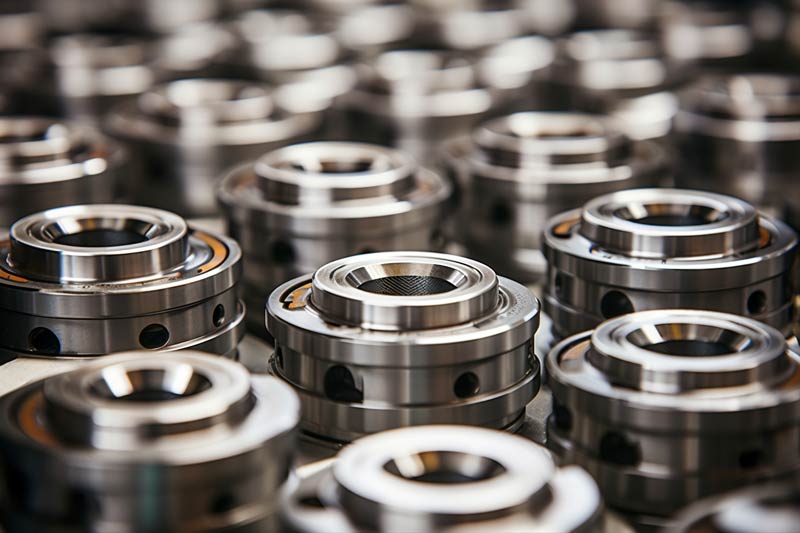Stainless Steel Precision Parts Machining Art: Technical Parameters and Process Optimization
When machining stainless steel precision parts, attention to several key points is essential to ensure accuracy and efficiency.
Firstly, due to its inherent characteristics such as high strength, enhanced toughness, and significant wear resistance, special attention is required when selecting cutting tools for stainless steel. It is recommended to use cutting tools made of hard alloys or advanced ceramic materials.
Secondly, considering the high heat generated during stainless steel processing, the use of suitable coolant becomes particularly important. Proper coolant can help reduce processing temperature, thereby preventing overheating of the workpiece and avoiding issues such as deformation or cracking. Available coolant options include cutting oil and water-soluble emulsions.
The selection of cutting parameters, such as cutting speed, feed rate, and cutting depth, should be based on the material properties of the workpiece, the expected geometric shape, and the performance of the machine tools and tools used. Correct parameter selection is crucial for ensuring machining quality and improving efficiency.
Furthermore, the sequence of machining and the clamping method of the parts also have a significant impact on the final machining quality and production efficiency. Based on specific machining requirements and workpiece characteristics, appropriate clamping methods and machining processes should be selected to ensure the accuracy and efficiency of part machining.
Finally, after stainless steel machining is completed, additional surface treatment is usually required to achieve the desired visual effect and surface quality. For example, polishing, brushing, or sandblasting processes can enhance the aesthetics of the parts or improve the surface durability.
In summary, when machining stainless steel materials, reasonable selection of cutting tools and parameters, coolant, fixtures, and machining strategies are crucial to ensure successful machining. Meanwhile, surface treatment is also an indispensable step in improving the quality of precision parts machining products.
2F Prototypes focuses on providing CNC precision machining support services for equipment components in automation, aviation, basic research, fiber optics, communications, semiconductors, electronics, medical devices, automotive suspension, and other fields.
Materials processed include aluminum alloys, stainless steel, magnesium alloys, titanium alloys, nickel-based alloys (invar alloys, kovar alloys), high-temperature alloys, tungsten copper alloys, engineering plastics, and various special difficult-to-machine materials.
Products processed cover precision mechanical parts, medical precision parts, aviation components, instrument and meter accessories, fiber optic communication accessories, electronic product accessories, automotive parts, shock absorbers, suspension components, non-standard components, connectors, alloy parts, hardware shells, radiators, and other high-standard products in various industries.


